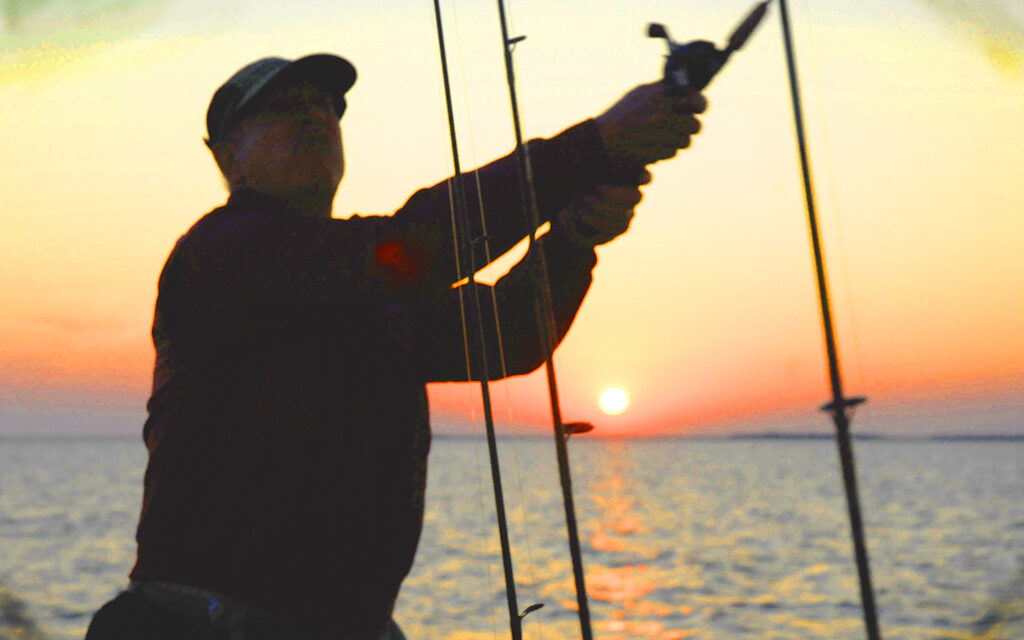by John Jefferson
This column will cover new Fresh and Saltwater regulations, the re-opening of Galveston Island State Park, Fairfield State Park, and an alert readers might need to be aware of. Hang onto your hats!
Coastal Fisheries regs. There’s just a few. Short fin mako sharks are now prohibited for recreational and commercial anglers. Anglers must now use descending devices for fish showing signs of barotrauma (from being retrieved from depths too fast). And the bag limit on cobia was lowered to one fish per angler/day.
Inland Fisheries regs. A laundry list of proposed changes monopolized this column the week of March 6 and won’t be repeated in full. Inland Fisheries Director Craig Bonds said the intent was to “Make Angling as easy and enjoyable as possible.” Most changes simplified rules on waters in parks, particularly affecting bass and catfish regs in Community Fishing Lakes. Adopted on March 23, they take effect Sept. 1.
They’ll be in the Outdoor Annual August 15.
Other changes included eliminating the slot limit (Lake Norsworthy), made Lake Forest Park catch and release, implemented a five fish bag limit for all species combined (one black bass greater than 14-inches permited) on Dixieland Lake, returned Bellwood and Tankersley lakes to statewide limits, delineated upstream boundaries of Choke Canyon and O.H. Ivie reservoirs. And corrected the name of the upstream boundary road of Lake Conroe.
Fairfield Lake State Park. TPWD was told by the owners in February it had 120 days to vacate Fairfield State Park. But then the Legislature became involved. A House Committee “suggested” TPWD keep it open. Beginning March 14, TPWD re-opened the park for day use only. No reservations or overnight stays are possible. First come, first served.
State Parks Director Rodney Franklin referred to “the outpouring from Texans who love to visit the park.” The House Committee chairperson noted “its popularity and economic benefit its visitors provided to Freestone County.” The TPWD Executive Director termed it “a beloved treasure in a rapidly growing part of the state.”
I understand efforts are ongoing to reach a compromise. It’s hoped they’ll be successful.
Galveston Island State Park. This week, we visited Austin’s Bullock Museum. One exhibit focused on weather crises that have occurred here.
The most serious one was the Galveston Hurricane in 1900. Some 8,000 lives were lost. Some think it was more. It is considered the worst natural event in American history.
Hurricane Ike in 2008 wasn’t quite as bad, but it was ferocious. Damage was said to be $34.8 billion. And the tidal surge wreaked havoc on Galveston Island State Park. The beach side re- opened last summer. The park restoration is complete, including 95 new campsites, new restrooms, changing areas and shade areas. Come see!
Steer Clear of Rookeries. The birds are treasures: Black skimmers, pelicans, reddish egrets, roseate spoonbills … the list goes on. More than half of the 25 species of nesting birds on the rookery islands are declining. Tourist traffic can interrupt and curtail breeding. Stay 50-yards away. Please.
JJ





